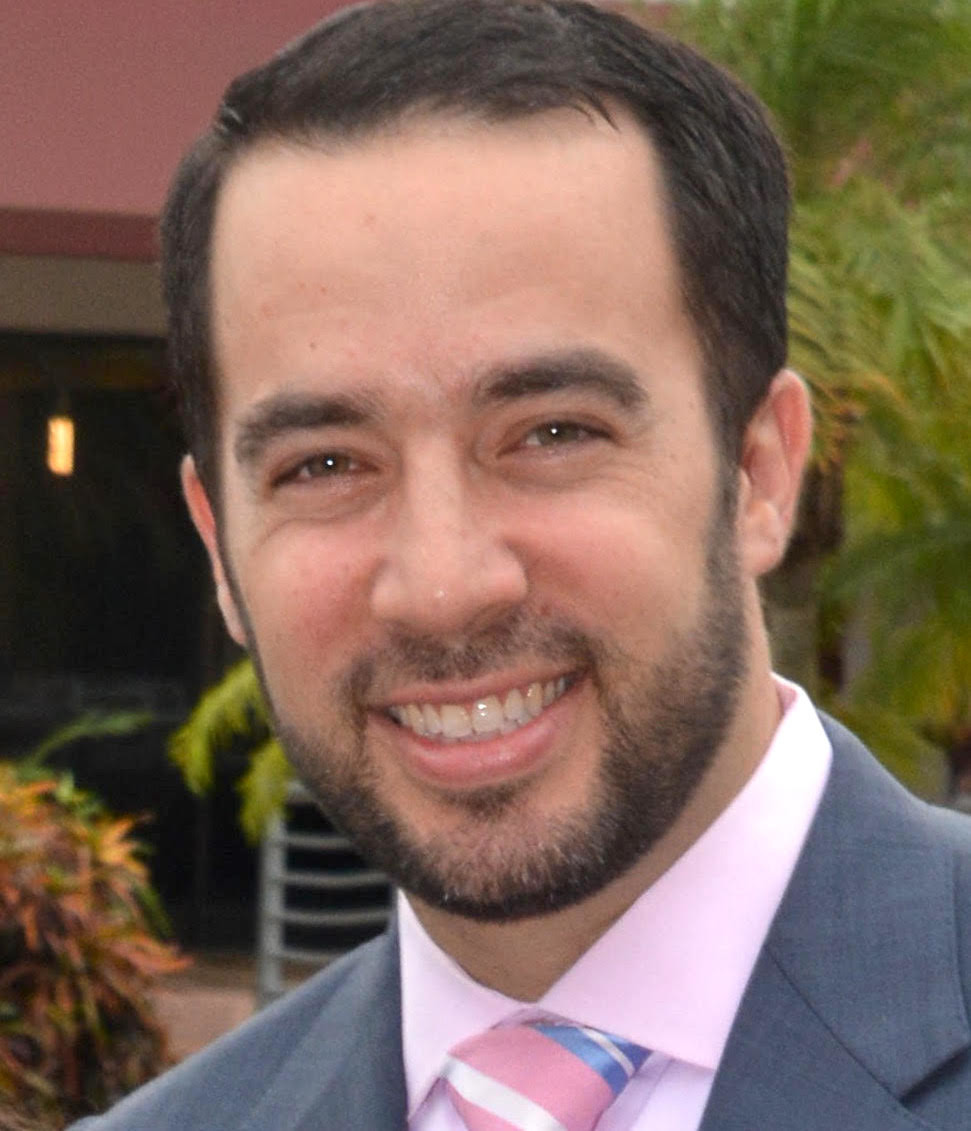2 names for 1 forefather
Every now and then I like to revisit the question of whether the Torah has a consistent method for how it switches between calling our third forefather Yaakov and Yisrael. He does have both names, unlike Avraham whose named changed forever at the time of his circumcision.
There is an approach that the names are interchangeable. But logic might dictate otherwise, especially when one considers that the Torah is not haphazardly put together, but rather has rhyme, reason, poetry, and perfection in its construct.
Which leads us to Or HaChaim.
Yisrael represents an upper level of holiness. It is representative of an added soul — a similar idea to that which we have on Shabbos, which is a higher level of holiness — making soulful moments and events being ever-tied to the name Yisrael. As long as this loftiness is felt or present, Yisrael is the name of choice.
But when Shabbos leaves, or that extra soul departs, then Yisrael leaves and Yaakov takes over. Yaakov is defined by the presence of “sadness and sorrow.”
When G-d first tells him “You are Yaakov,” Yaakov was in mourning over the death of his mother. That is why he is referred to as Yaakov in Beit El, even as his name is being changed to Yisrael, because of the downside of mourning. The same happens when he is mourning for Rachel — “Yaakov placed a monument over her grave.” However, once that mourning period passed, G-d gave him the name Yisrael, because it was time to move on and bring himself up.
When the brothers are referred to as “the sons of Yaakov” both in Shechem and in the aftermath of the Reuven/Bilhah story, things are not good for the family. But he is personally referred to as Yisrael; he is in a better state, although his family is suffering.
M
idrash Tehillim notes that each of the Avot died before their grandchildren could take a significant role in the family. For each father to get full respect in his own realm, his own father needed to be out of the way. When Yitzchak is removed from the equation (in the way the Torah depicts his death and therefore his leaving), Yisrael can make an appearance. At the same time, Yaakov living in Canaan was subject to a very difficult life, and with rare exception is always referred to as Yaakov. He is referred to as Yisrael in 37:3 when the Torah describes how “Yisrael loved Yosef.”
However, from the time Yosef is sold until he finds out Yosef is alive, he is only referred to as Yisrael three times, in the context of negotiations surrounding whether Binyamin will be going to Egypt or not. The usage of Yisrael in those cases is because he is being raised up, raising his own status from having become the over-the-hill father to the one in charge of the family’s destiny.
When he hears Yosef is alive, “Yaakov’s spirit came alive,” raising Yaakov out of despair, allowing Yisrael to make an appearance in deciding, “I will go to see Yosef.” G-d once again makes an appearance in reviving Yaakov’s spirit, which is why “Yisrael travels,” and “G-d said to Yisrael.” But, when he heard they were going to be descending to Egypt, and that they would likely be there for some time, a pall fell upon him again, and Yaakov once against appeared.
When he again came into the presence of Yosef, he reappeared as Yisrael. And it seems that Yisrael is mostly used when Yosef is around, because this is what helps Yaakov stay aside. Yosef, in a sense, fulfills the spiritual needs of the man named Yisrael.
What gets our spirit going? What brings out the Yisrael side of us?
Sunday’s march in New York City was inspiring — hopefully a strong Yaakov emerged and will continue to fight societal elements that are looking to wipe away a remnant of Yisrael. Meanwhile, the worldwide Daf Yomi celebrations last week are a beautiful reminder of what the strength of Yisrael can achieve, certainly internally, and hopefully as a source of inspiration externally as well.
We need both. Yaakov is our strength in this world, but Yisrael is where we need to be — it is the fighting spirit of our people, to be getting closer to G-d, to having that extra soul that makes us a spiritual force to be reckoned with.
According to Or HaChaim, this explanation works throughout chapters 36 to 50. If you don’t see it, you’re likely missing something in your reading of the Torah; in such a case, this newspaper column is giving you a little homework, to prove the Or HaChaim wrong.
Shabbat shalom.

 56.0°,
A Few Clouds
56.0°,
A Few Clouds 




